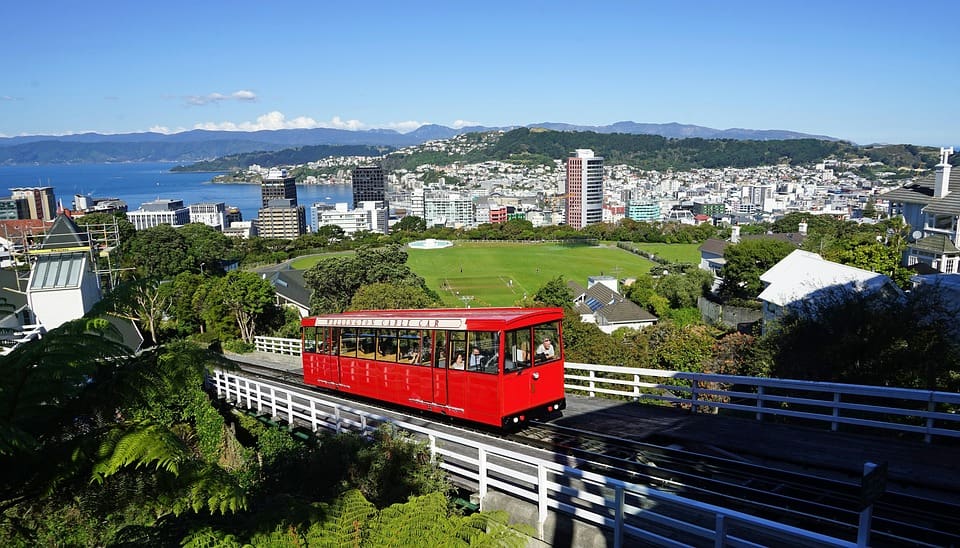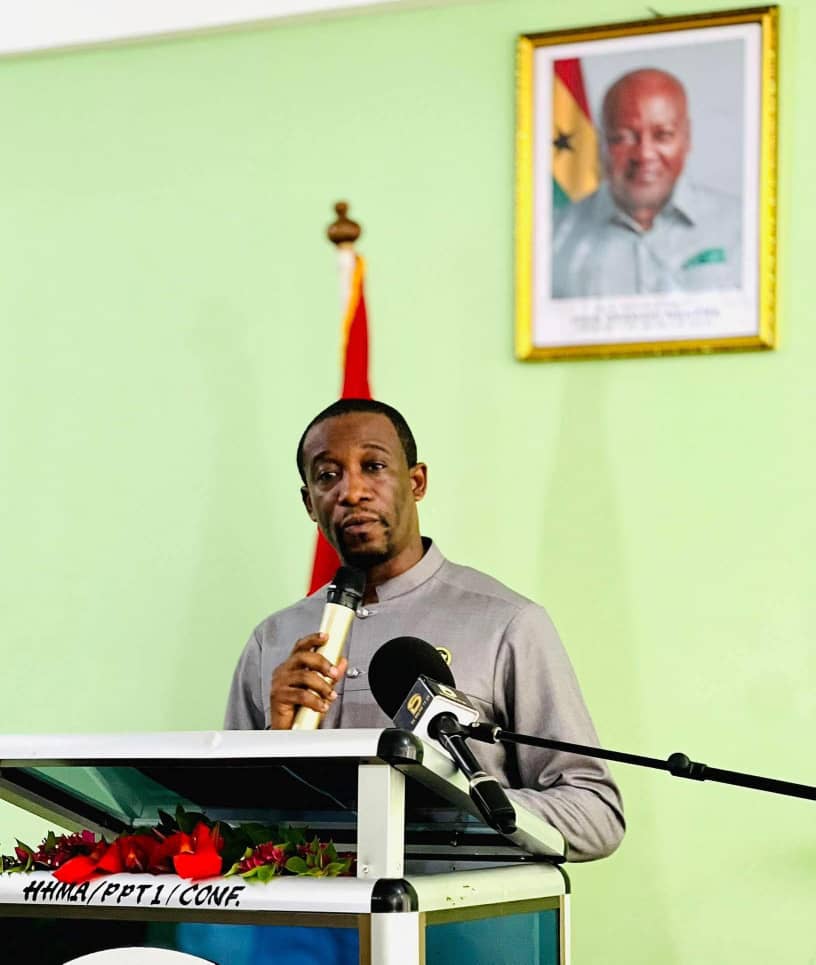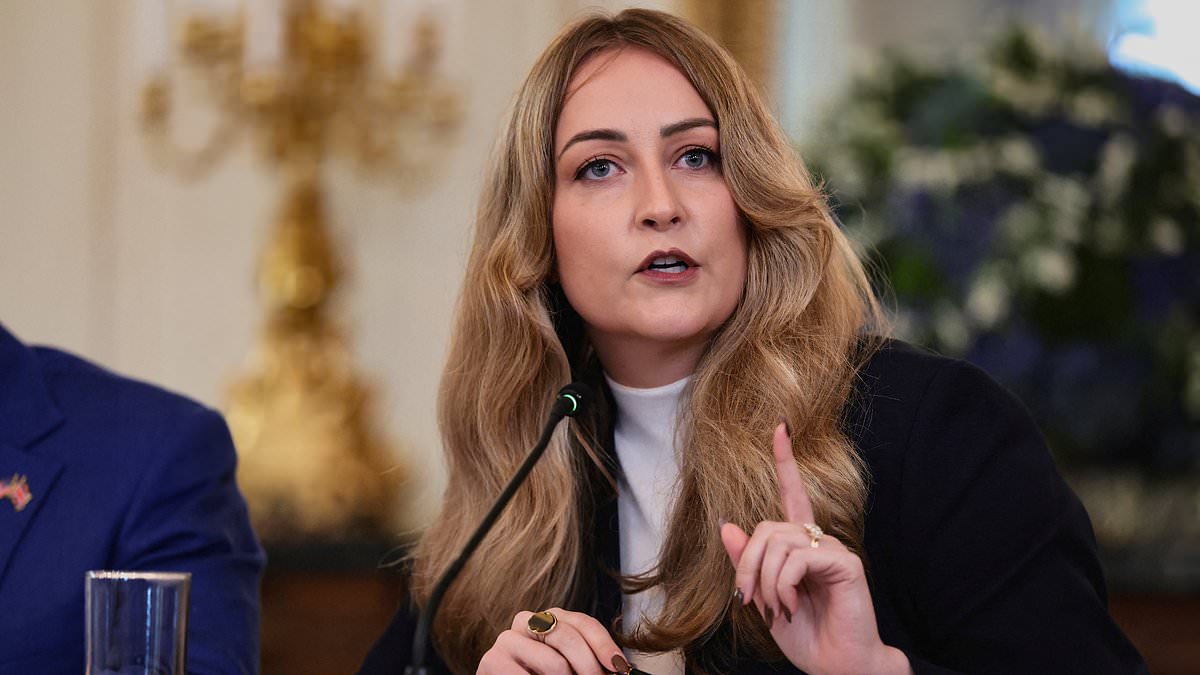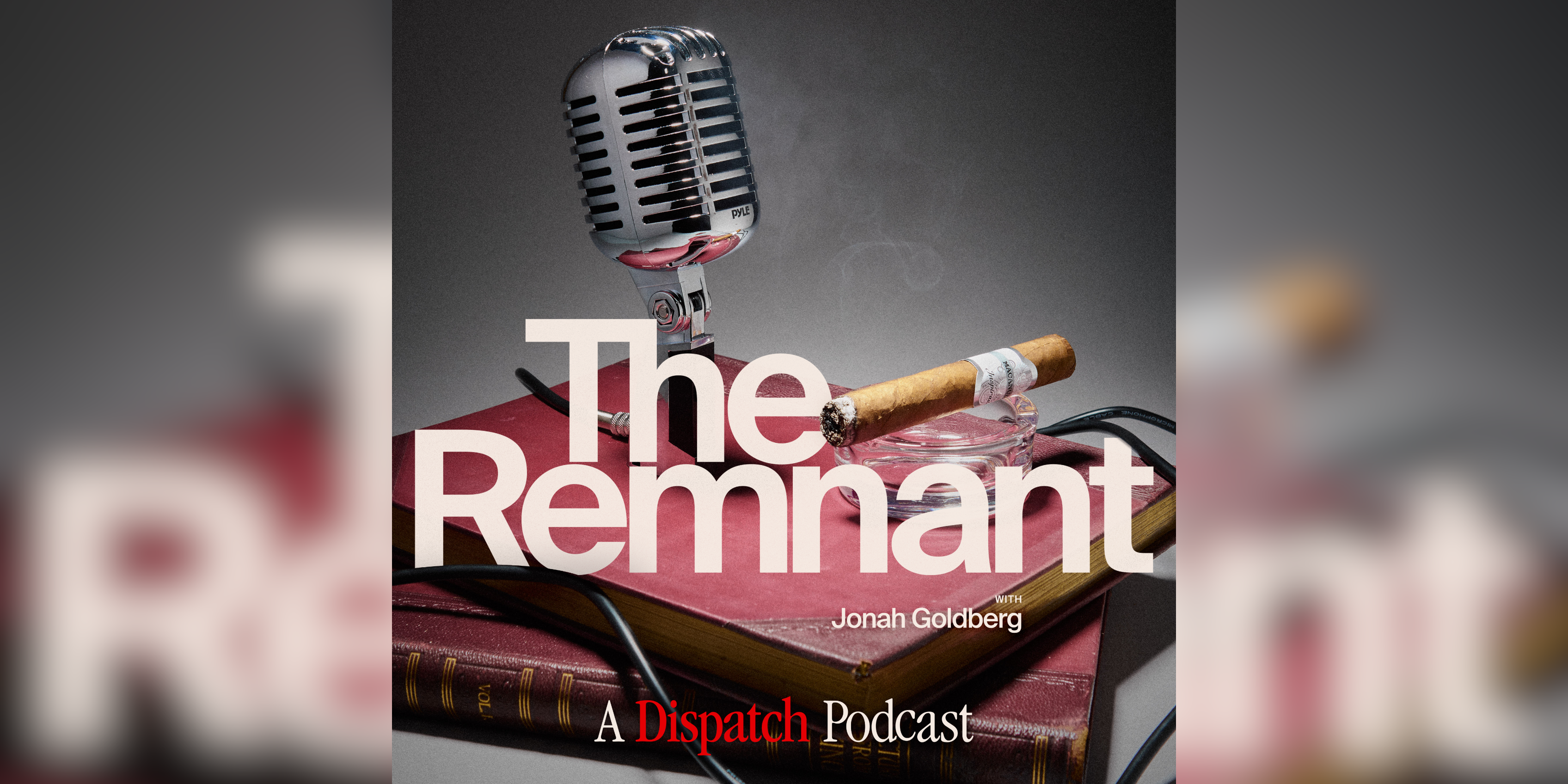Copyright europeantimes

Mariana Katzarova said in a new report at the United Nations General Assembly only in the last three years “Thousands of people have been imprisoned for political reasons, including treason, espionage, extremism and terrorism, often on fabricated evidence and in closed trials.with inmates ranging from children to the elderly. The UN Human Rights CouncilThe appointed special rapporteur said his report “reveals an enduring trend in which national security and public safety laws are used as a weapon to criminalize dissent and suppress civic space.” Prosecutions for treason skyrocket Since 2022, when Russia began its full-scale invasion, treason prosecutions have risen from double digits, to some 760 verdicts by mid-2025. Espionage has moved from a narrowly enforced provision to a broader instrument, she said, with expanded definitions and diminished standards of criminal proof – particularly in the context of the war in Ukraine. Espionage cases increased from just five before the full-scale invasion to 159 cases involving 182 people by mid-2025. They were often combined with alleged terrorism offenses to obtain harsher sentences, Ms Katzarova said. Russian courts will hand down more than five terrorism-related convictions every day in 2025 – a record. At the same time, a “National List of Terrorists and Extremists” has grown from 1,600 names in 2022 to more than 18,000 in 2025, including more than 150 children and hundreds of organizations. The repression spreads Earlier this month, the Federal Security Service announced that it was opening terrorism proceedings against 22 members of the Russian Anti-War Committee in Exile. “This illustrates the determination of the Russian authorities to extend repression beyond national borders“, warned Ms. Katzarova. Those targeted include prominent opposition politicians, businessmen, journalists, lawyers, artists and academics who oppose Russia’s war against Ukraine, she said. On October 22, the Russian Prosecutor General’s Office asked the Supreme Court to declare the Anti-Corruption Foundation of the late opposition leader Alexei Navalny a “terrorist organization”, she noted. “Extremism” provisions without basis in international law have been used to prosecute anti-war expressions, independent reporting and those linked to Navalny, the expert’s report states. The “extremist” label has also been extended to religious and ethnic minorities, indigenous peoples and LGBT people. Hundreds of convictions for alleged “extremism” have been handed down, including more than 100 in cases targeting LGBT activities. Torture of Ukrainian prisoners The report documents widespread and systematic torture and mistreatment of Ukrainian prisoners of war and civilians held under Russian control. The majority of Ukrainian detainees on trial are accused of espionage and terrorism, leading to long prison sentences. “Ukrainian detainees were starved, denied medical care and tortured, including rape and electric shocks.“said Ms. Katzarova, emphasizing that she had gathered credible evidence of the participation of medical professionals in torture. “Thousands of Ukrainian civilians deported to Russia remain missing, with no information on their fate or whereabouts,” the expert said. Ms Katzarova called for the immediate release of all those detained on political grounds in Russia, as well as the immediate release of Ukrainian civilian detainees, including children. “The perpetrators of these crimes enjoy total impunity” She demanded accountability for torture and deaths in custody, and for Russia to end abuses of national security and public safety legislation to silence dissent and anti-war expressions. “Justice in Russia is inaccessible; the perpetrators of these acts enjoy total impunity. Where national justice is denied, the international community must actincluding within the framework of universal jurisdiction, to ensure accountability and protect those at risk,” the expert said. Special rapporteurs and other human rights experts appointed under the mandate of the special procedures of the Human Rights Council are not UN personnel and are independent of any government or organization. They receive no salary for their work.



